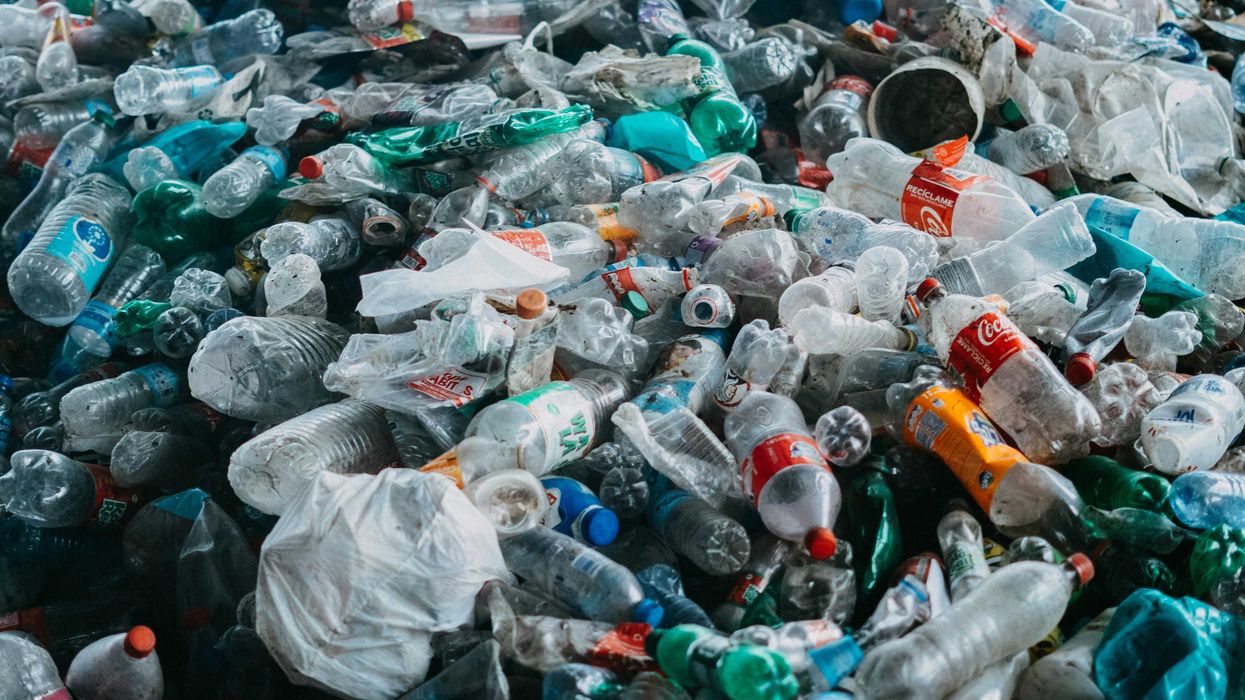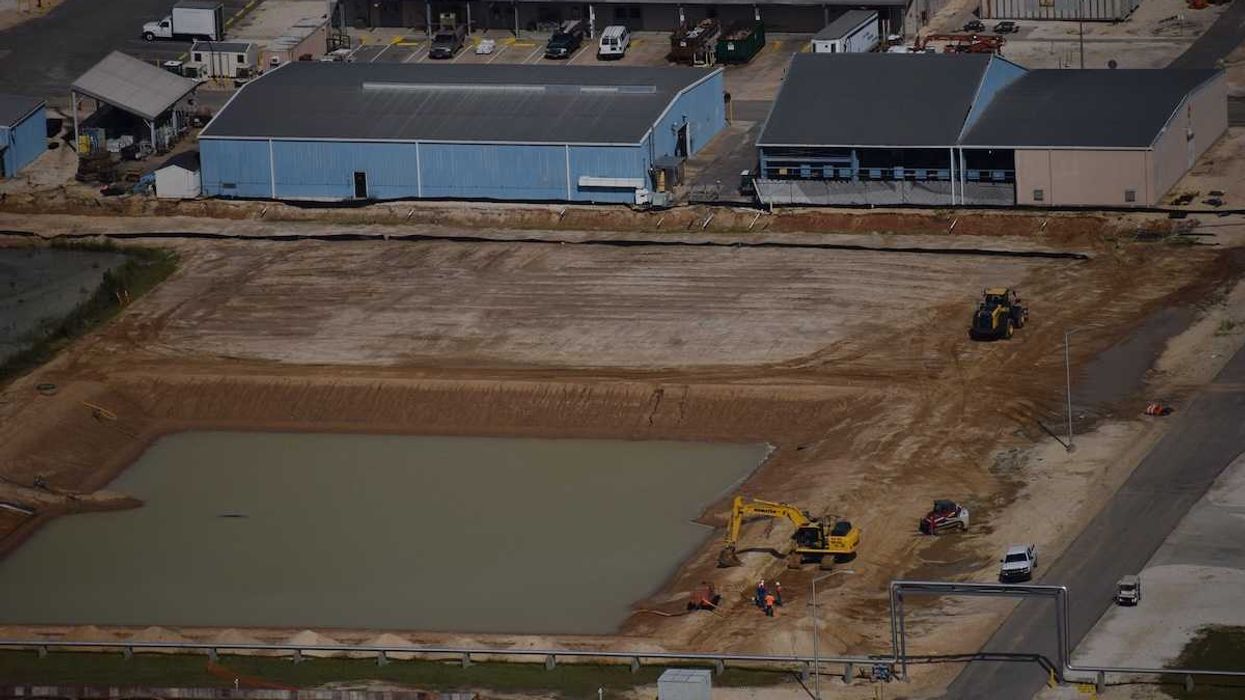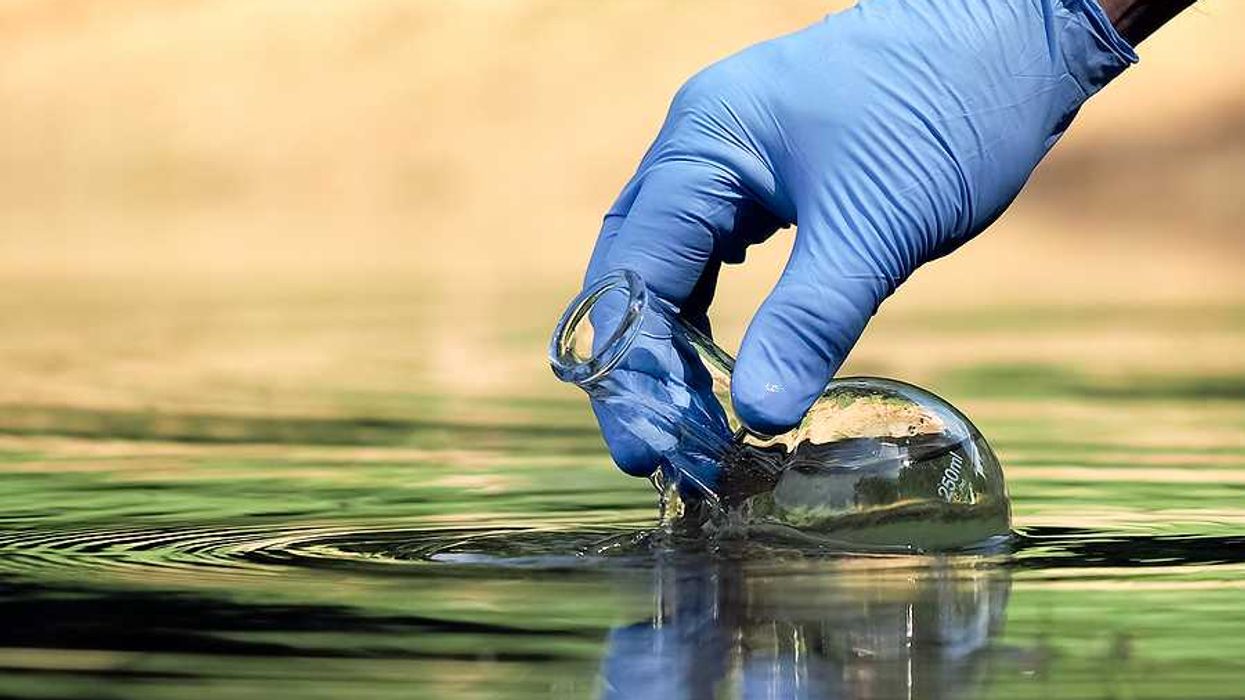A federal judge ordered payouts ranging from $5,000 to $100,000 for people sickened by the U.S. Navy’s 2021 Red Hill fuel leak, far less than what victims had sought in a case that could shape thousands of future claims.
Christina Jedra reports for Honolulu Civil Beat.
In short:
- Sixteen initial plaintiffs received a total of about $680,000 after a federal judge ruled the Navy was liable for the Red Hill water contamination but found insufficient evidence linking some health issues to the specific November 2021 spill.
- Victims testified to lasting health effects, including surgeries and developmental issues in children, but legal decisions limited damages by excluding earlier fuel leak impacts and key expert testimony.
- The Department of Justice successfully narrowed the case’s scope, reducing the government’s financial exposure while admitting fault in the contamination.
Key quote:
“The judge found everybody was harmed. So the judge rejected [the federal government's] argument.”
— Kristina Baehr, attorney for the plaintiffs
Why this matters:
The Red Hill disaster exposed deep vulnerabilities in how the military manages hazardous materials and communicates environmental risks. For years, Navy officials dismissed local and scientific warnings about storing jet fuel above Oʻahu’s primary aquifer, despite a history of leaks. The 2021 spills sent thousands scrambling for safe water as families reported skin rashes, gastrointestinal problems, and neurological symptoms. Many still live with fear and chronic health concerns. Though the tanks are now being drained, this case highlights the uphill battle communities face when seeking justice from federal agencies. The legal system’s high burden of proof means many affected by environmental contamination may never be fully compensated for medical bills or emotional trauma.
Read more: Honolulu faces underground risks to its water supply














